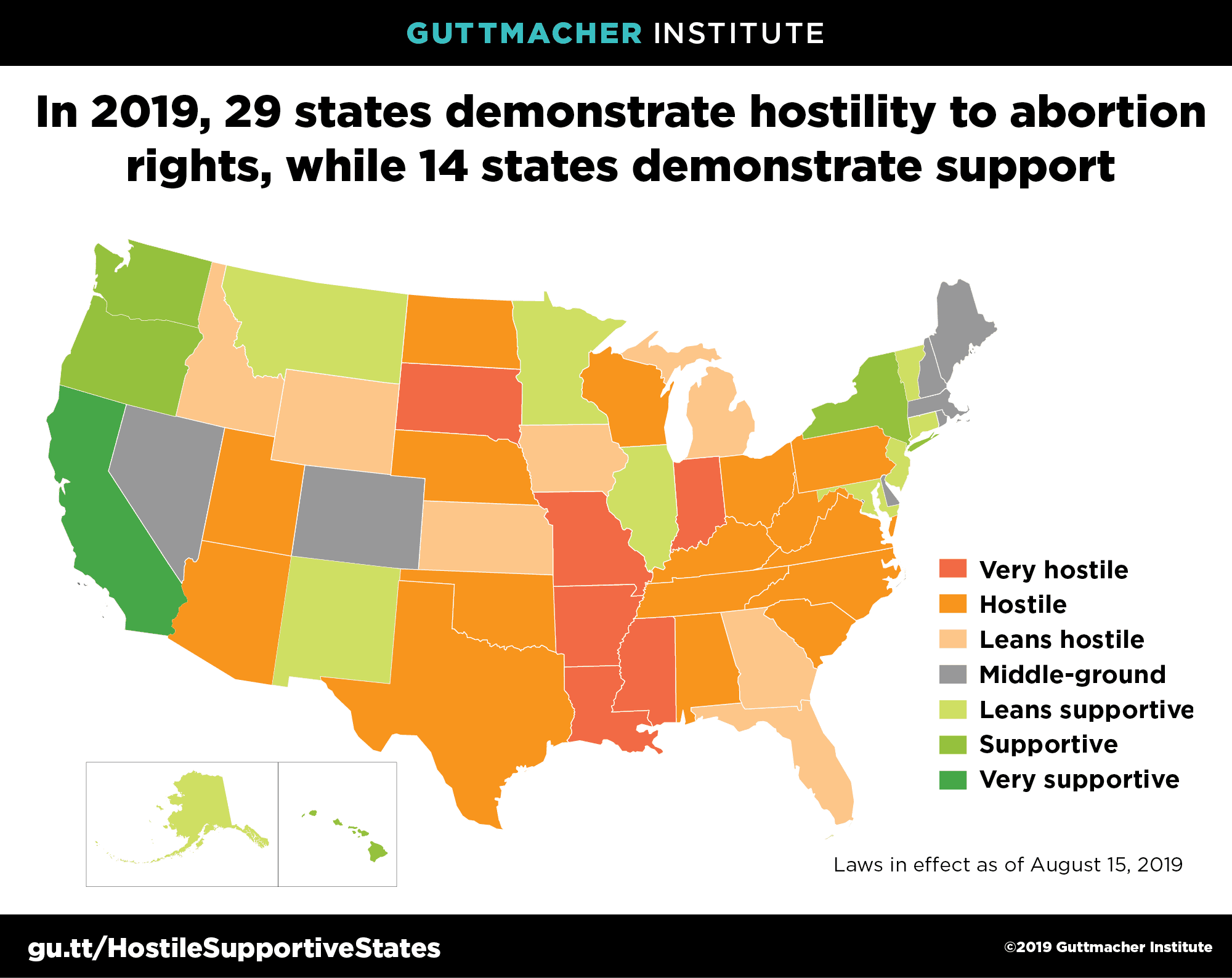We support things that are important to us. For instance, we speak of our support, or lack thereof, in a sports team or a politician. However, conversations seem rare regarding the support of our favorite toothpaste. Why? Because the type of toothpaste does not seem to be as important. So what about our child’s teachers—are they worth supporting?
As a teacher myself, I have had many conversations about the vital role teachers play in a child’s life. In reality, you as a parent are asking the teacher to partner with you in educating your child. This is an extremely important position, and your support to them is vital to their success. And for followers of Christ, this is not merely an opportunity to help a teacher but an opportunity to be a light for the gospel. Given that many teachers face pressure and criticism from parents, your support can stand out all the more.
So, how can you best support your child’s teacher this year? Here are five simple ways . . .
1. Give the teacher the benefit of the doubt.
When your sweet little Sally says that the teacher was “mean” that day, you are faced with the choice to either give the teacher the benefit of the doubt or immediately take what your five-year-old says as truth. How you respond to your child in that situation shows your support or lack thereof to the teacher.
Of course, if upon further investigation, a situation bothers you, ask the teacher about it. However, don’t just jump to conclusions. It is hard for the teacher to feel as if the parent is partnering with them when the parent immediately begins to tell the teacher their wrongs based on what their child says instead of taking the time to have an adult conversation. And please, if an issue does arise, for your child’s sake and the overall learning environment in the classroom, do not share your frustrations with your child by putting down the teacher. Instead, teach them to respect the teacher, even in those frustrating moments. It’s a teachable moment for how to handle difficult situations.
2. Keep an open mind.
There will be things that your child’s teacher might need to tell you related to your child that might be hard to hear. It could be a behavior issue or a learning challenge. These conversations are already difficult for the teacher to initiate, so don’t forget that your child’s teacher truly cares for your child and wants him/her to succeed. Keep an open mind in what they are sharing. Remember, they are partnering with you and can sometimes see a different perspective.
3. Ask.
Ask how you can best prepare your child for the classroom. This could be reading at home, going to bed earlier, prioritizing studying, etc. Also, ask how you can volunteer your time or resources. Again, this is a partnership. Whether you are a stay-at-home mom or a working parent, the teacher needs your help! Even if you work long hours, that’s ok. It might be that you can send in an item that your child’s class needs. Your child’s teacher does not need 25 room moms! It’s ok that you cannot volunteer for every event at school. Your investment in your child’s education and overall growth this year is important. In some cases, the child may spend more waking hours in the day with the teacher than at home.
4. Encourage.
This could involve writing encouraging notes or emails, giving gift cards, etc. Think of what teachers most often hear: the problems. Unfortunately, that is our society as a whole. “No news is good news,” right? Maybe put reminders on your calendar to send an encouraging note to your child’s teacher or a $5 gift card from Starbucks. This could be a simple way to show your support and appreciation for their role in influencing and shaping your child’s heart and mind.
5. Pray.
Of course, it goes without saying, but the best way to offer support is to pray for your child’s teacher. This makes us as parents dependent upon Jesus as we entrust our children to Him. Not only does prayer shape our hearts, but God also works in the hearts of those for whom we are praying. If your child’s teacher is not a follower of Christ, this is also a great opportunity for them to see Christ in you in the way that you partner with them.
Most parents, including myself, would say that, outside of their spouse, they love their kids more than anyone else on the planet. Who has their child’s best interest at heart? The parents do, of course! Who wants a child to succeed the most? The parents! However, a close second is your child’s teacher.
This article about supporting your child’s teacher originally appeared here.

















